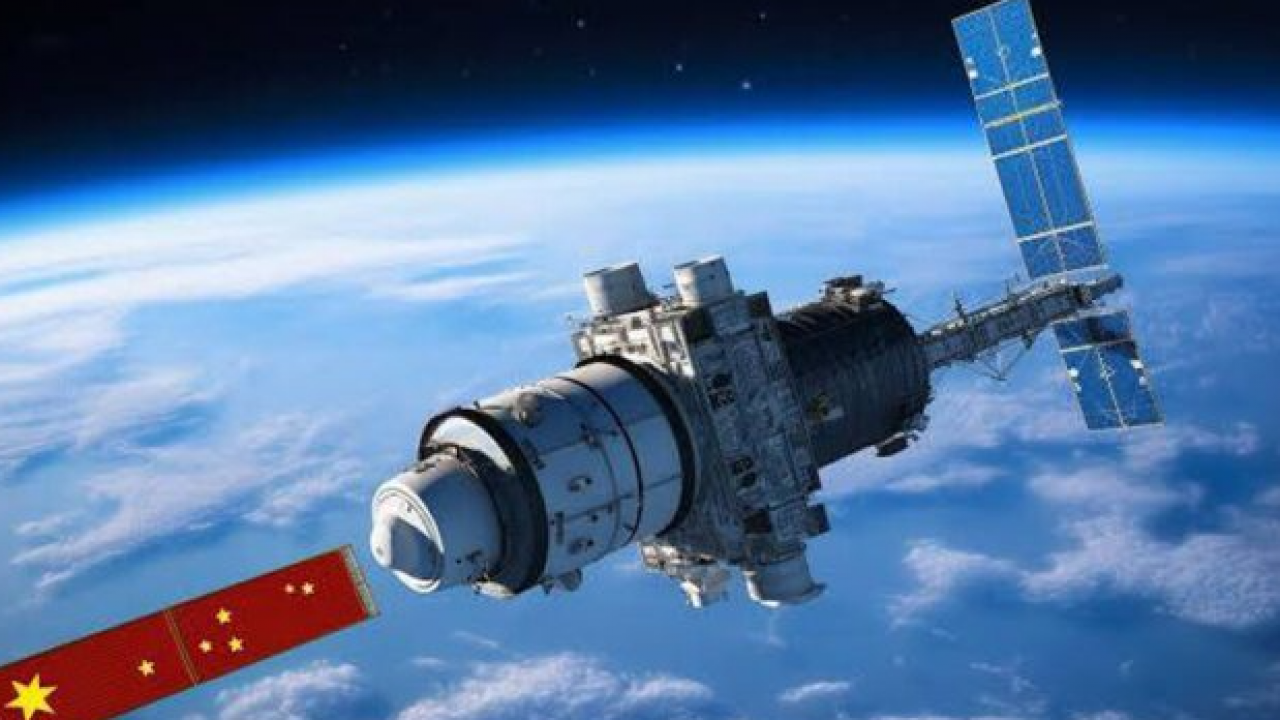Microsoft has announced a substantial investment of A$5 billion (approximately $3.2 billion) to bolster its artificial intelligence (AI) and cloud computing capabilities in Australia over a span of two years. This initiative is part of a broader effort by the tech giant that encompasses skills training and cybersecurity measures.
The U.S. technology company’s plan involves increasing its computing capacity in Australia by 250%, aiming to address the growing demand for cloud computing in the country. This demand is expected to double from 2022 to 2026 as AI technology becomes increasingly prevalent.
Microsoft’s significant investment can be seen as an attempt to strengthen its presence in Australia, a country that has initiated public consultations regarding the regulation of AI. AI, short for artificial intelligence, often refers to the rapid automation of tasks. Microsoft-backed OpenAI made waves in the technology world in 2022 with the introduction of ChatGPT, a lifelike language program.
In addition to the A$5 billion investment, Microsoft plans to train 300,000 Australians in the skills necessary to excel in the digital economy. The company will also expand its cyber threat information-sharing agreement with the Australian Signals Directorate, the country’s cybersecurity agency.
Australian Prime Minister Anthony Albanese commented on the initiative, stating, “This is a major investment in the skills and workers of the future. We need to provide the skills to enable Australians to succeed in the jobs of the future.”
Microsoft’s Vice Chairman and President, Brad Smith, described the spending plan as “a testament to our commitment to the country’s growth and prosperity in the AI era.”
Steven Worrall, Microsoft’s Managing Director for Australia, emphasized that the investment would not only create a safer and more secure digital economy but also serve as a platform for fostering growth and innovation in the era of AI.
While Microsoft did not provide specific details on how the A$5 billion would be allocated, it indicated that it would significantly expand its computing capacity. The company also announced plans to increase its data center presence in Australia from 20 sites to 29.
A recent report co-authored by Microsoft suggested that generative AI, a form of automation that adapts to new data inputs, could contribute up to A$115 billion per year to Australia’s economy by 2030 if rapidly adopted.
While Australia currently lacks specific AI regulation, copyright lawyers and human rights groups have called for some safeguards to address issues such as bias, copyright infringement, and privacy breaches associated with AI technology.



